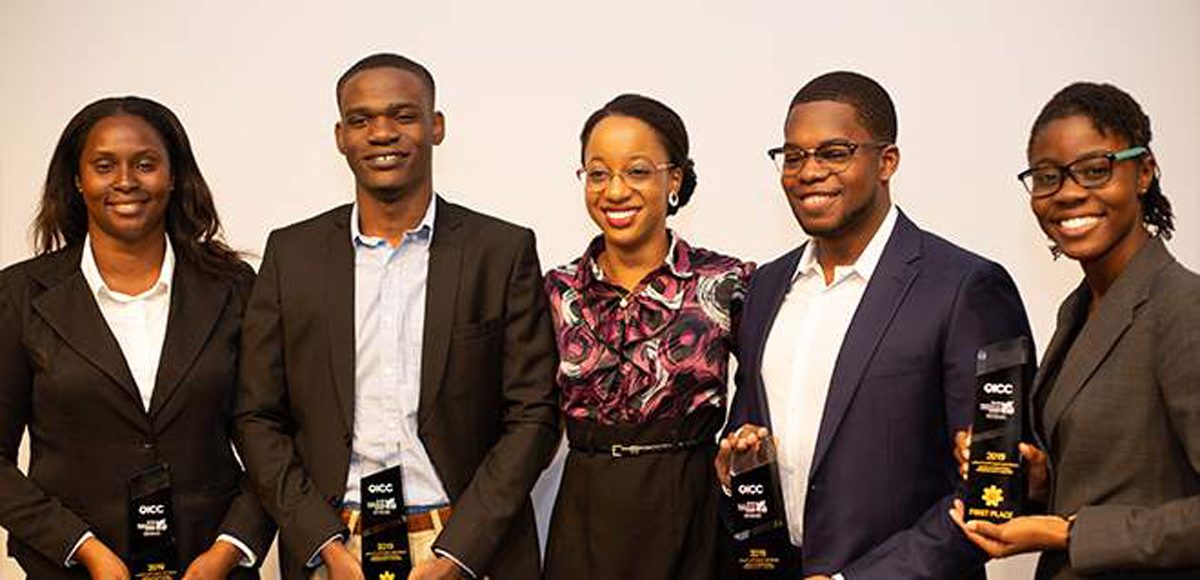(Jamaica Observer) Four Jamaican final year Norman Manley Law School students, with the backing of their coaches, Hanielle Hines and Meridian Kohler, were declared champions of the Cybersecurity Moot at the inaugural Qatar International Cybersecurity Contest on October 3.
The Norman Manley Law School’s team of Kimberley Brown, Rojae Brown, Jonathan Dwyer and Andria D Whyte defeated George Washington University in the semi-finals and advanced to the finals where they defeated the well-reputed University of California Los Angeles (UCLA).
The moot competition, hosted by Hamad Bin Khalifa University in Doha, Qatar’s capital city between October 1 and 3, was by invitation only. Participants from only eight law schools in the world — France, Kuwait, India, England, Qatar, USA, Singapore and Jamaica — were required to demonstrate their knowledge of international and cyber law as well as their advocacy skills by arguing issues raised in a hypothetical problem involving cyber attacks executed by non-state agents with a close connection to one state against another state before a simulated International Court of Justice.
The moot was adjudged by experts in international cybersecurity law and jurists from the International Law Commission including Professor Eric Jensen, professor of Law at Brigham Young University; and Dr Russell Buchan, senior lecturer in international law at Sheffield University.
A Jamaican living in Doha who attended the contest said she felt proud of the team’s achievement.
“The judges were impressed. They came and sought out the team after the moot,” said the Jamaican who opted not to be named.
“Neither the Faculty of Law nor Norman Manley Law School teach cyber law. These students have far less resources than their opponents and they delivered,” she said.

